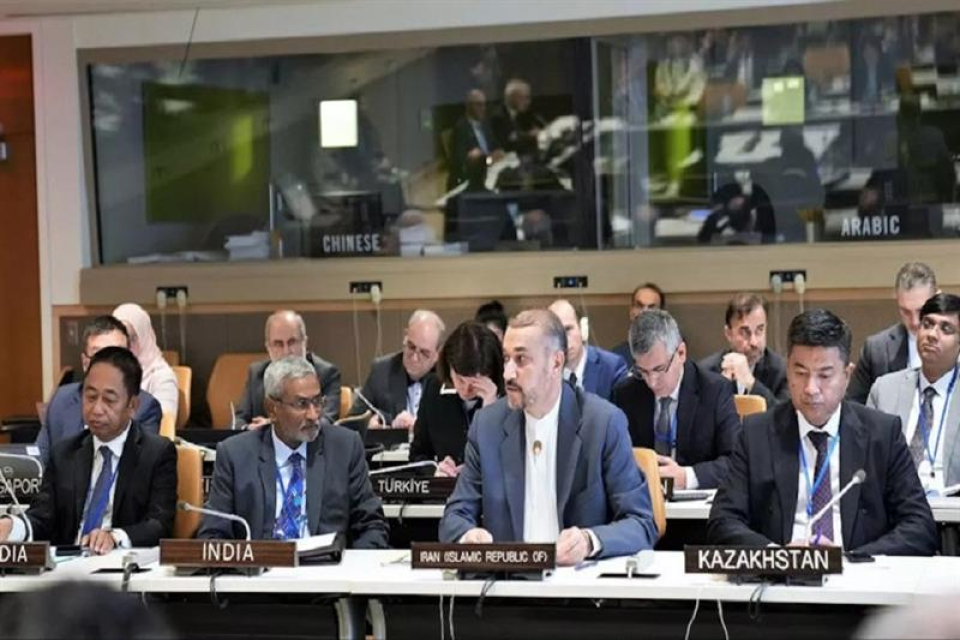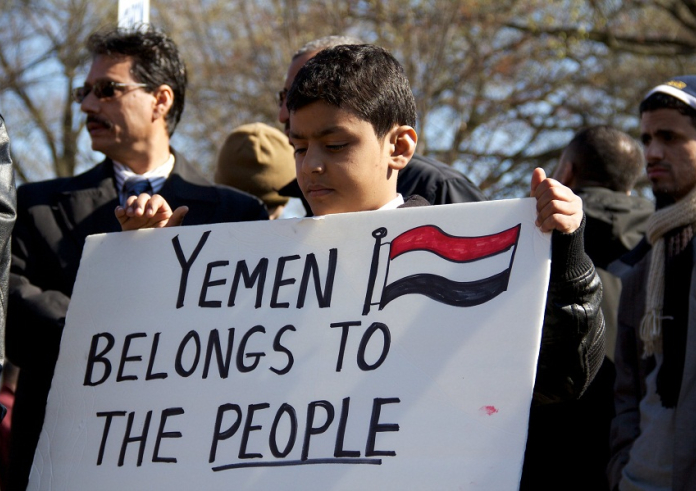Iran's Foreign Minister, Hossein Amir-Abdollahian, stated that Iran's decision regarding the revival of the 2015 nuclear deal would be based on practical actions from Washington, rather than on their repeated positive messages. He made these remarks during an interview with Iran's official news agency, IRNA, at the conclusion of his week-long trip to New York for the 78th session of the United Nations General Assembly.
Amir-Abdollahian noted that Tehran had received positive messages from Washington but emphasized that the evaluation would be contingent on the United States' political actions. He indicated that indirect communications between Iran and the U.S. were ongoing, and Tehran would persist in its diplomatic and negotiation efforts to have sanctions lifted.
However, he stressed that Iran would not tolerate what it sees as hypocritical actions or behavior from the U.S., asserting that Iran's options were not confined to the JCPOA (Joint Comprehensive Plan of Action) channel. He emphasized that if the U.S. and other involved parties demonstrated the necessary determination, reaching an agreement was feasible within the framework of previous negotiations in Vienna, Austria, and in line with Iran's priorities.
The JCPOA, signed in July 2015, involved Iran agreeing to restrictions on its nuclear program in exchange for sanctions relief. However, the U.S. withdrew from the agreement in May 2018 and reimposed unilateral sanctions on Iran, leading Iran to reduce some of its commitments under the deal.
Negotiations on the JCPOA's revival began in April 2021 in Vienna, Austria. Despite multiple rounds of talks, significant progress has yet to be achieved, with the last round concluding in August 2022.

















